Cuba has granted early release to 553 prisoners, completing a deal brokered in the final days of Joe Biden’s presidency, which his successor Donald Trump later abandoned, a Supreme Court official said Monday (March 10).
“The process was successfully completed,” said Maricela Soza Ravelo, vice president of the court, on state television. She noted that 378 applications were filed in January and 175 in February.
The agreement, reached on January 14, saw Biden remove Cuba from the US list of state sponsors of terrorism in exchange for the communist government’s pledge to free 553 detainees.
Remnants of a short-lived deal
However, the deal was short-lived. After Biden left office, Trump was sworn in on January 20 and quickly overturned the Vatican-mediated agreement, halting further releases after 192 prisoners had been freed.
Many of those released were detained in a government crackdown on rare mass protests in July 2021, which saw thousands of Cubans take to the streets over economic hardship and political repression.
Despite Trump’s reversal, sporadic releases continued in the following weeks, according to multiple human rights groups. However, Cuban authorities have not yet disclosed a full list of released prisoners. A timeline for further releases is also yet to be announced.
Hundreds of prisoners remain in Cuba
The “Todos” platform, which compiles information from non-governmental organisations, has counted 212 confirmed releases, including opposition figures José Daniel Ferrer and Félix Navarro. Dissident artists Luis Manuel Otero Alcántara and Maykel Osorbo, serving sentences of five and seven years respectively, remain imprisoned.
According to official figures, around 500 demonstrators arrested over the July 2021 protests have been sentenced, some to up to 25 years in prison. Some have been released after completing their sentences.
Human rights organisations and the US Embassy in Havana estimate that there are still around 1,000 political prisoners on the Caribbean island.
With inputs from AFP


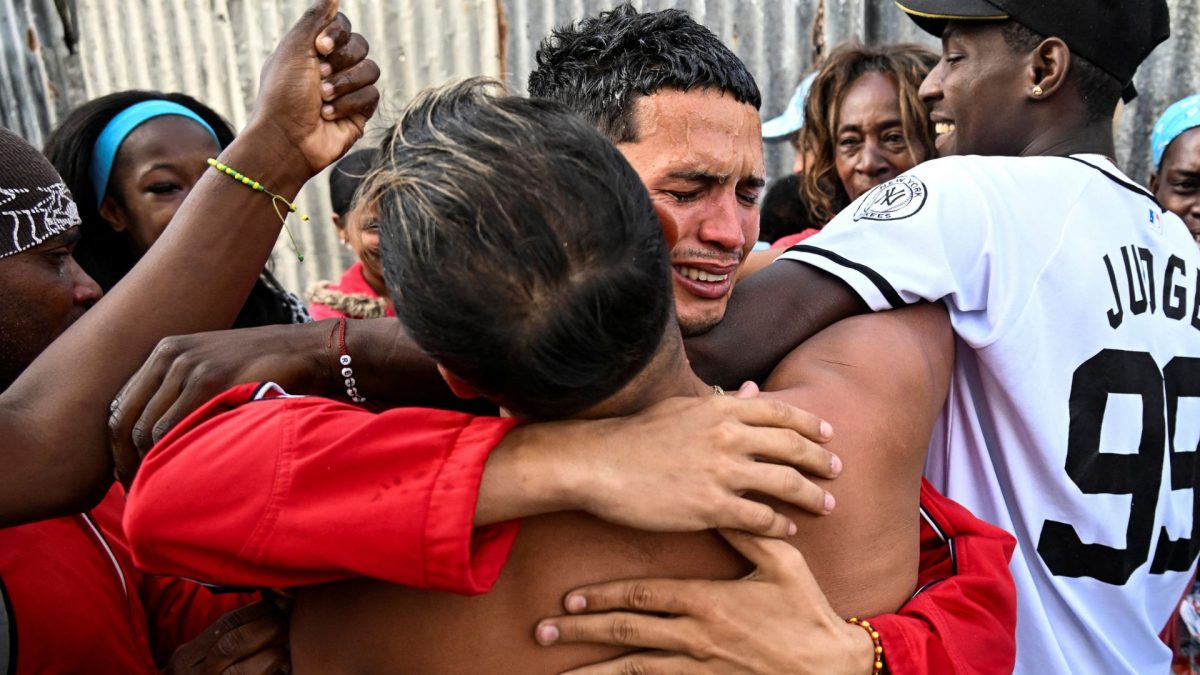)
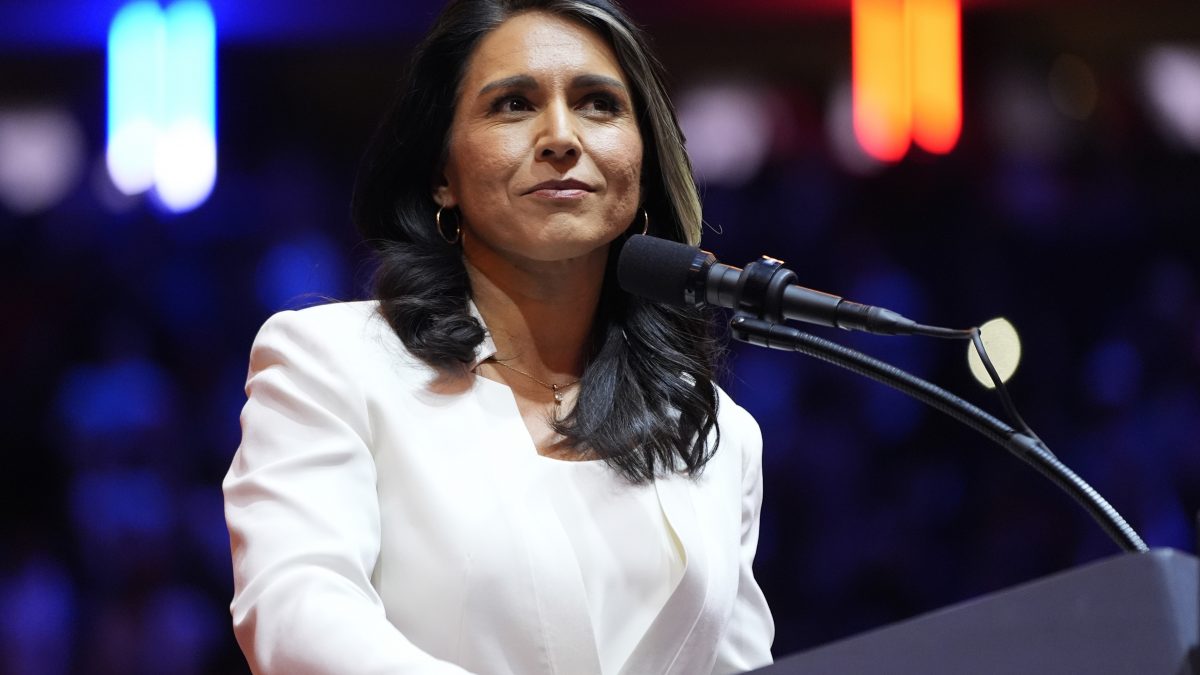)
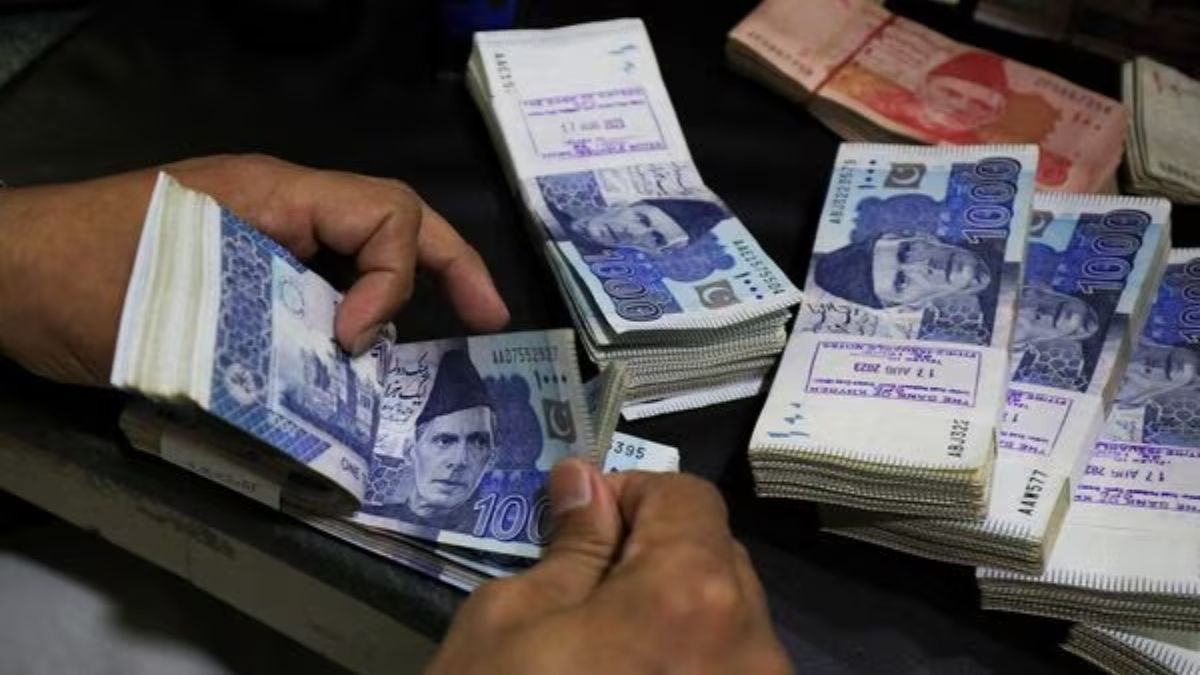)
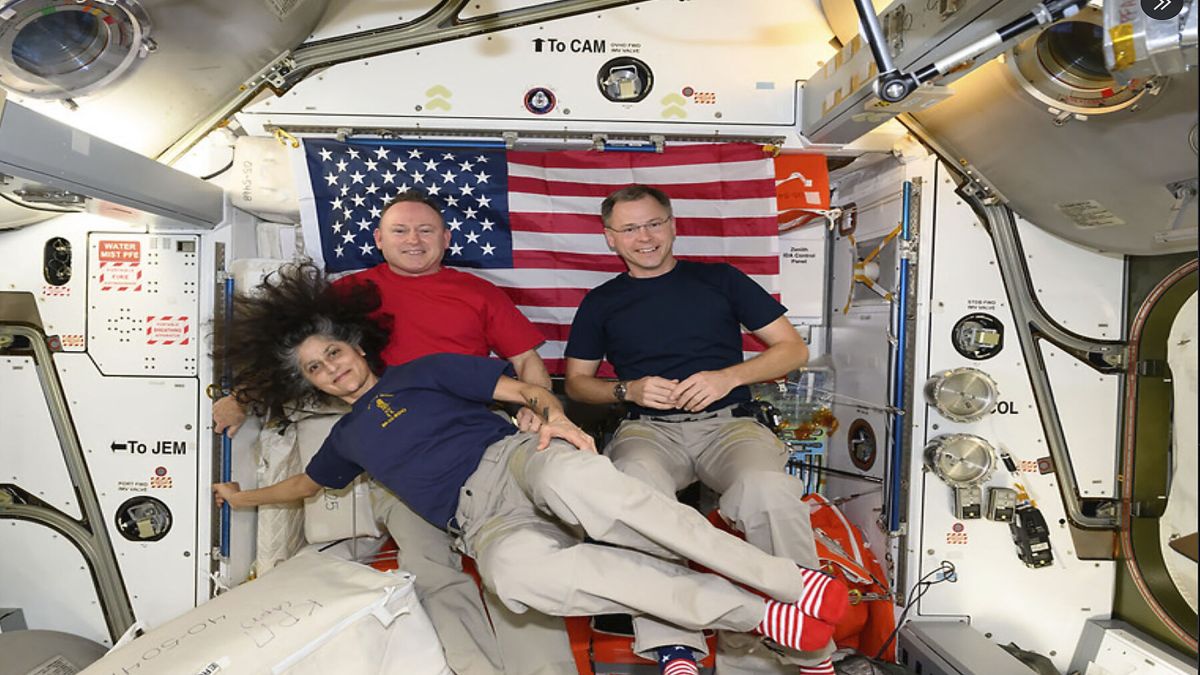)
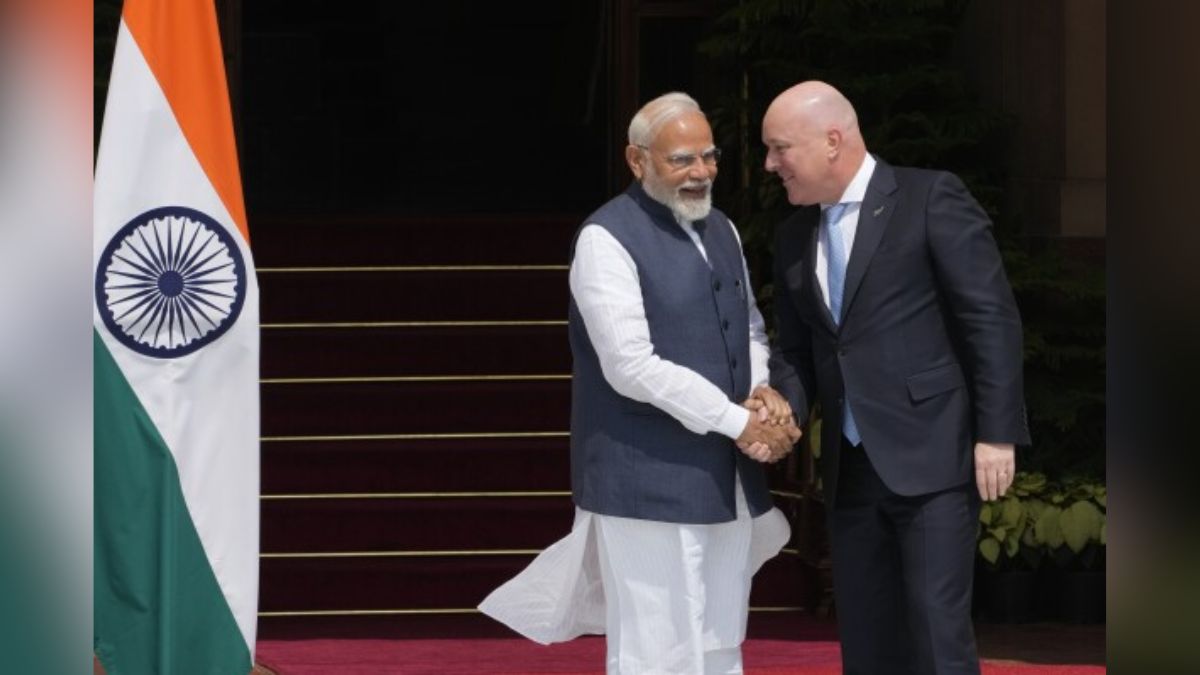)
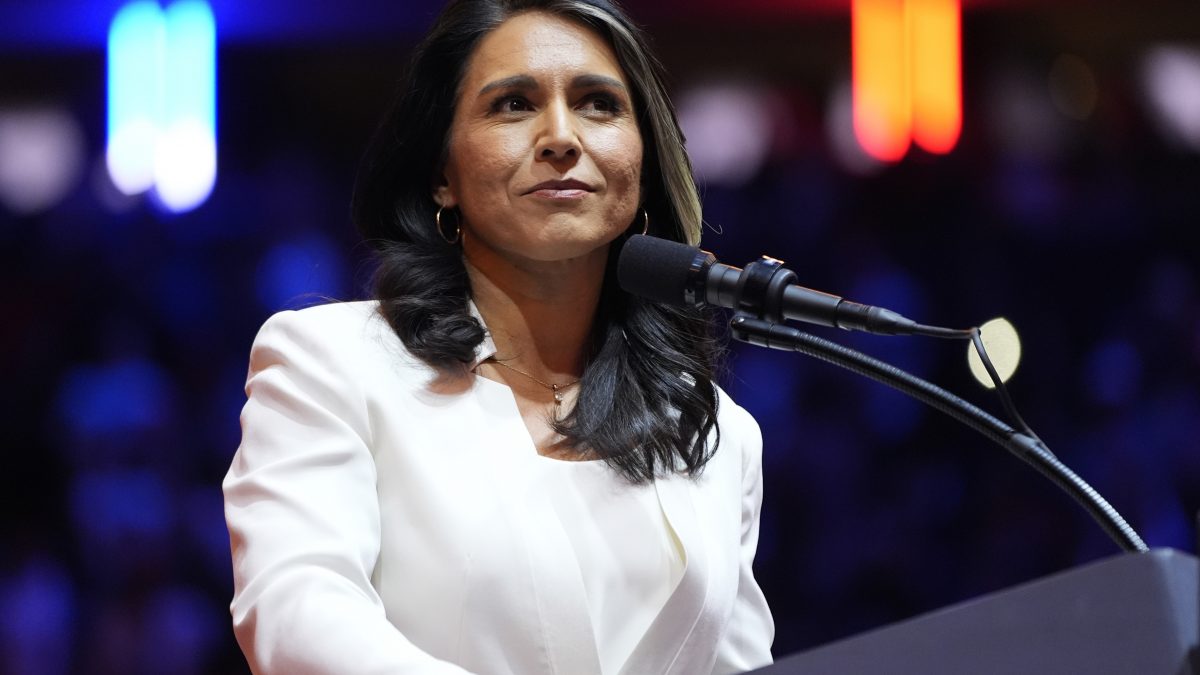)
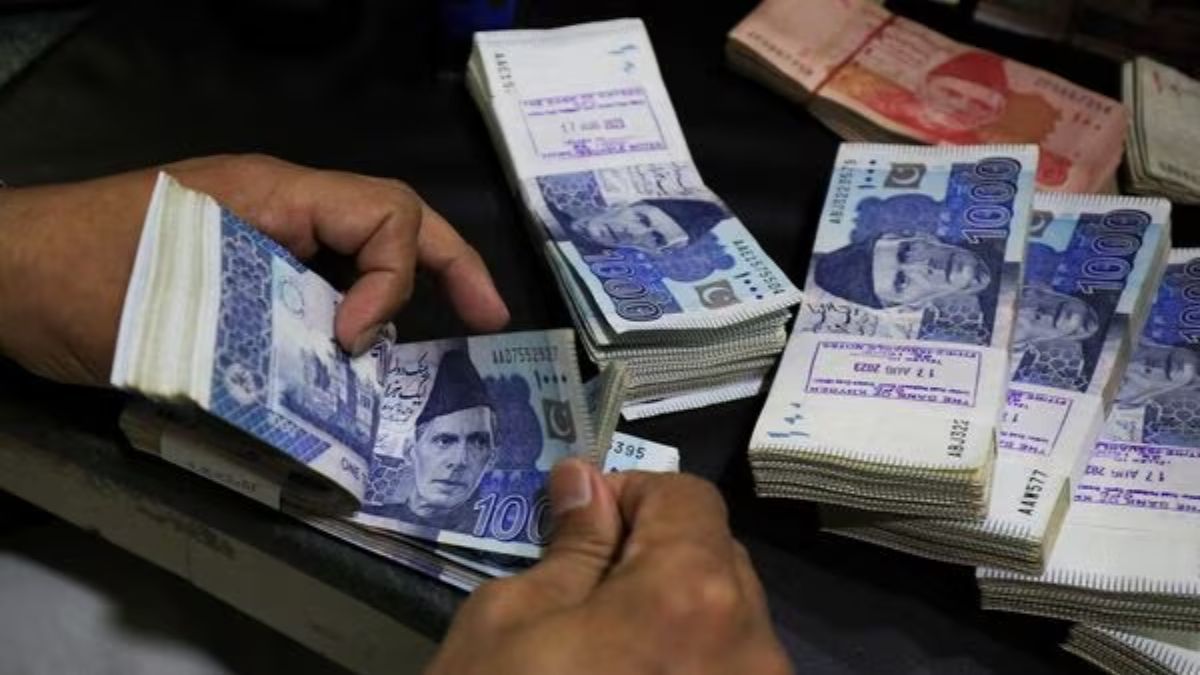)
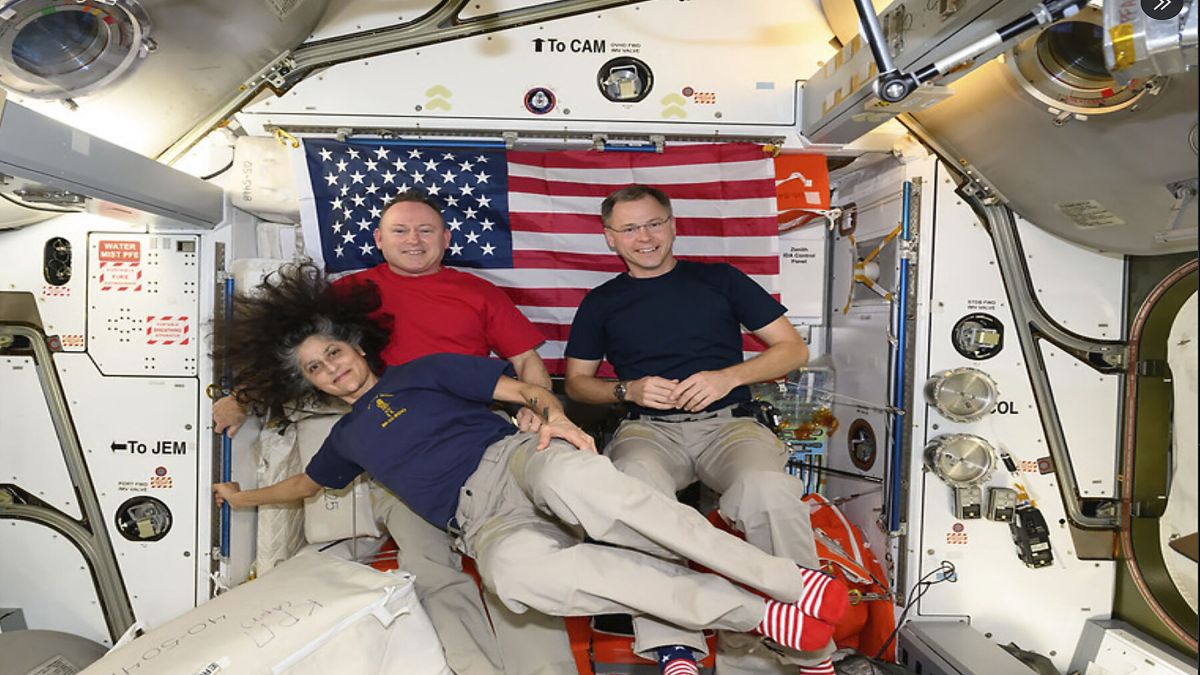)
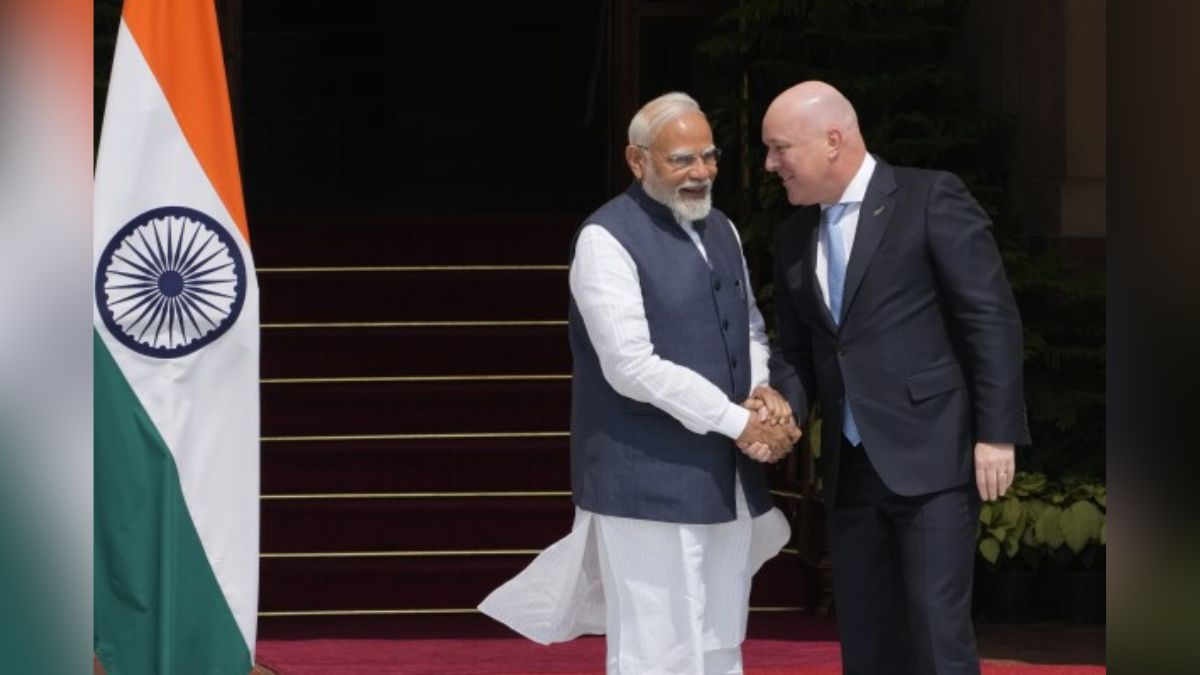)



